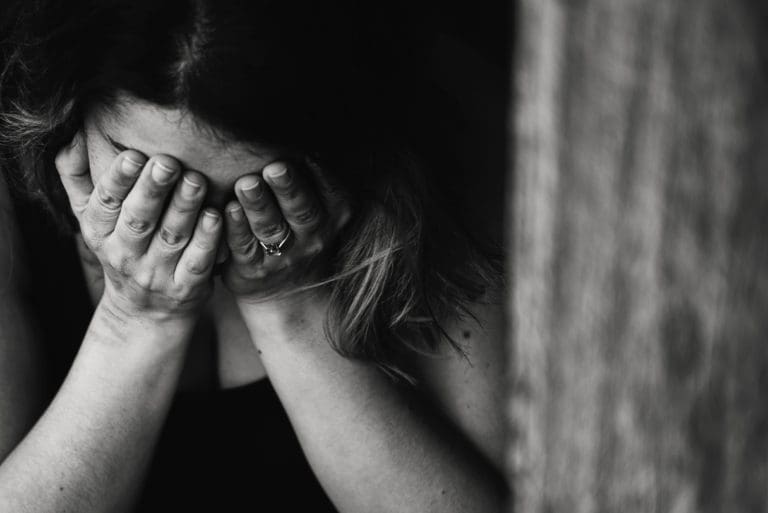When violence comes to schools (even when only threatened), adults act immediately to place the physical safety of students at the center of their thoughts and actions, often at the cost of their own security. When the incident has passed, adults again ask themselves what students need emotionally and psychologically to become whole again and move their lives back toward normality.
Of course, these priorities are correct. We need to focus on those who depend on us to protect them when we can, comfort them when we cannot, and be there for them when they need our reassurance and counsel. However, this stance and responsibility means that we often push our own needs aside, at least temporarily.
In the aftermath of this type of experience, it can be difficult to talk about the incident even with friends and family. In fact, the only people who fully understand the experience may be those who experienced it with us. Putting the experience aside and moving on with life can be a goal. Yet, the passage of time alone is not always a healer.
To be clear, significant trauma can result from incidents that are not high-profile media events, do not involve significant physical injury or loss of life, or do not involve large groups of people. Trauma can result from threats, near misses, and even accidents. Trauma is what we experience, not what others think should be traumatic or disorienting. Our experience, our reaction, and the impact on us and our lives is what matters.
Of course, we need to seek out professional help when what we are experiencing is impacting our ability to function. Even if our mental state does not rise to this level of seriousness, there are steps we can take to better care for ourselves. For example, we can name our feelings and accept them without shame or embarrassment—they reflect where we are right now. Our feelings can also energize and motivate us to understand their source and work with rather than against them to find healthy resolution.
We can increase the time we spend on our physical well-being. Sometimes, making a commitment to change our diet or engage in an exercise regimen can give us a new sense of control and feelings of empowerment that counter what is holding us back.
As difficult as it may be, building new relationships or reinvigorating existing ones can help us shift our focus and build new interests and connections. While the memory remains, the connectedness and support of relationships can provide an important counterbalance to what we are feeling.
Further, we can make a commitment to see good in others and build new experiences. Dealing with and letting go of the past can be easier when we are experiencing the good that life can offer. Of course, we only see such positive elements if we look for them. Choosing to find and experience what is good in life is more than half of the journey.
Regardless of the incident and the feelings that follow, you deserve to be happy and healthy. Taking care of our students should be a priority, but so must be our own well-being, if for no other reason than that our students need us to be our best for them.



